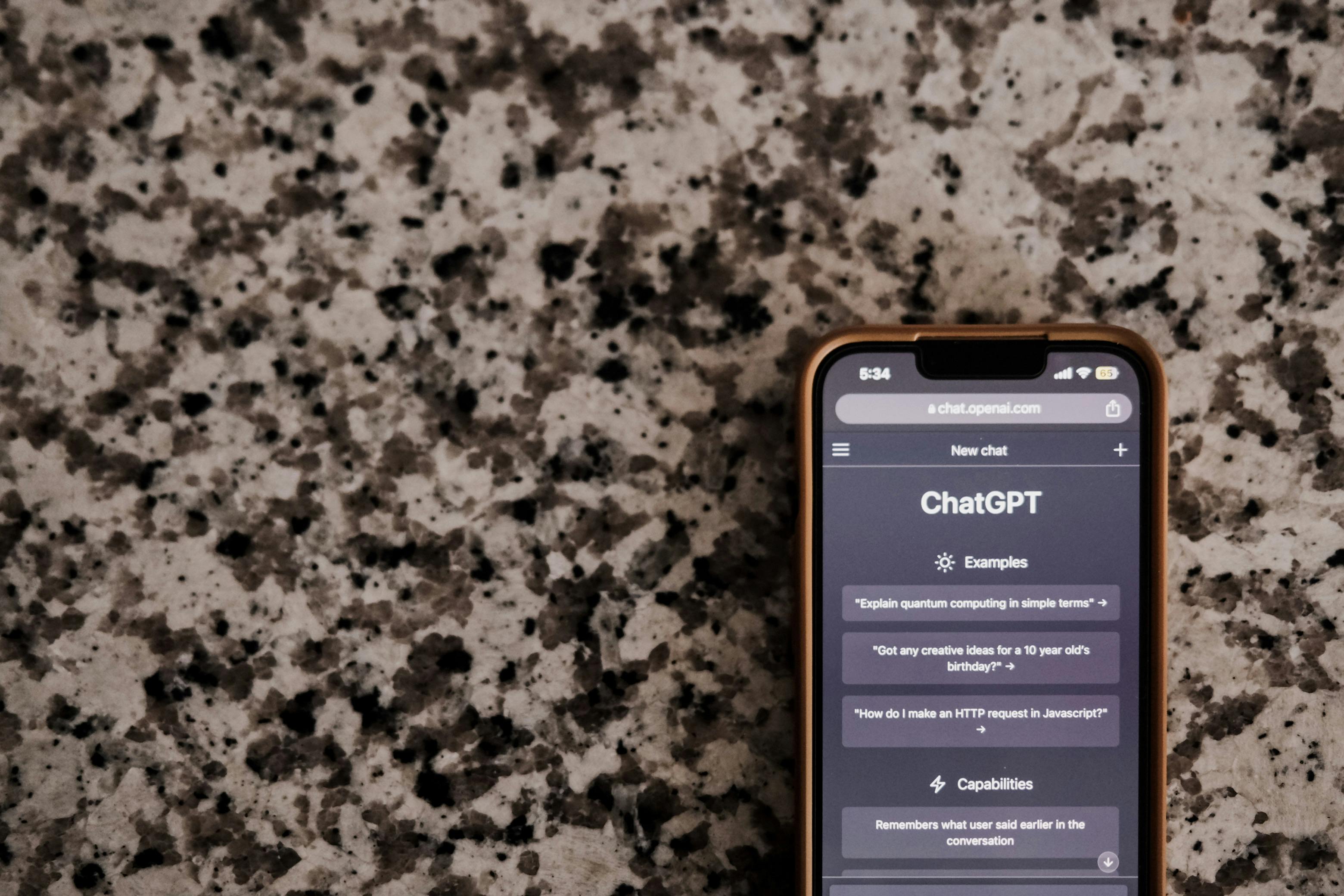Embracing the ChatGPT Revolution: Transforming the Grant Application Process

The advent of AI-powered chatbots has left an indelible mark in various sectors, proving their worth as indispensable tools in these digital times. One area that is primed to benefit greatly is the grant application system. The introduction of ChatGPT into this sphere could streamline processes, making grant applications more efficient and effective.
These unprecedented times, with the surge in technology, calls for an urgent revamp in the grant application system. Grant applications bear a massive burden, serving as the nexus point between funders and beneficiaries. It's a delicate equilibrium, critical in driving research and development, social initiatives, education, healthcare, and more. Hence, an efficient, streamlined process is not only effective, but also indispensable.
ChatGPT: Revolutionizing the Grant Application Process
At the core of the revolution is ChatGPT, an AI-driven tool, a brainchild of OpenAI. ChatGPT is designed to understand, learn, and respond to human language in a more intuitive, precise, and personalized manner. By integrating ChatGPT into the grant application system, the process can drastically improve, enhancing grant applications' efficiency, accuracy, and overall experience.
Imagine seeking information or clarifications concerning a grant. Instead of going through an extended traditional process, you can engage in a conversation with an AI-driven bot that can answer all your questions accurately, promptly, and comprehensively. This isn't a futuristic ideal; it's the revolution ChatGPT can deliver.
The Practicality of AI in the Grant Application Jungle
The essence of embracing ChatGPT in the grant application system is as practical as it is necessary. The deployment of AI could assist in standardizing grant processes and minimizing human errors. Furthermore, it could enhance efficiency by saving time and reducing the workload on the already overwhelmed staff in institutions.
A chatbot such as ChatGPT could provide real-time assistance with application guidelines, deadlines, eligibility requirements, and even walk applicants through the application process. It could even minimize the occurrences of poorly or improperly filled applications, thereby increasing the chances of success and the overall impact of grants.
Confronting the Challenges of AI Integration
Despite its promising potential, integrating AI like ChatGPT into the grant application system isn't a straightforward task. Various challenges need addressing. Key among them are issues concerning data privacy and protection. AI's machine-learning ability draws its strength from extensive data sets, which raises pertinent questions about the appropriation and protection of such data.
Moreover, the risk of "algorithmic bias" cannot be overlooked. Unlike human beings, AI lacks the ability to exercise discretion or consider nuances outside of what it is programmed to do. As such, this may have significant implications for the equitable distribution of grants.
Wrapping Up: The Way Forward
In conclusion, the introduction of AI powerhouses, like ChatGPT, into the grant application ecosystem signals a potential game-changer. This digital revolution promises an enhanced and streamlined grant application process. However, significant consideration must be given to addressing the accompanying challenges, particularly regarding data protection and algorithmic bias. With an effective approach, ChatGPT could be the catalyst that infuses utmost efficiency into the grant application system.



